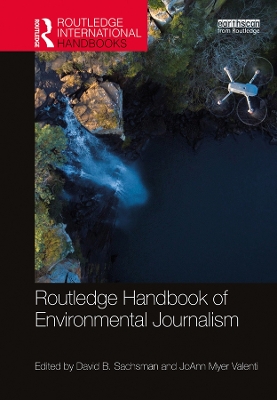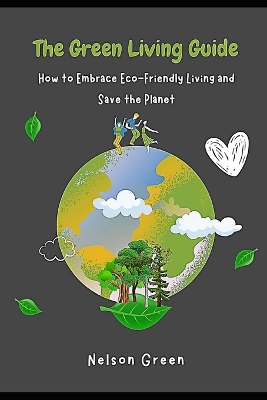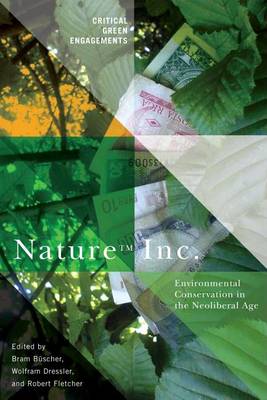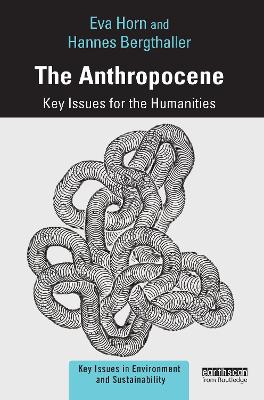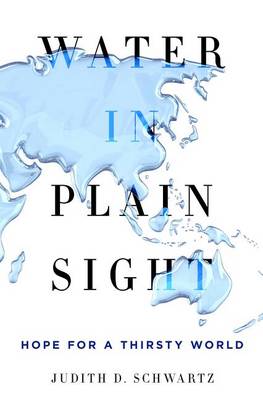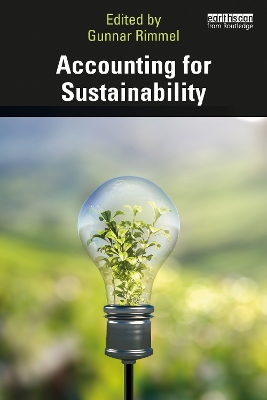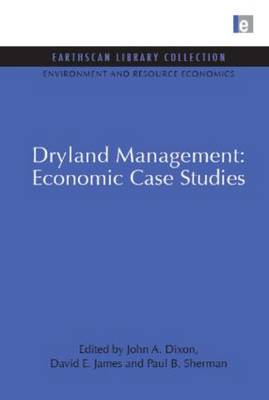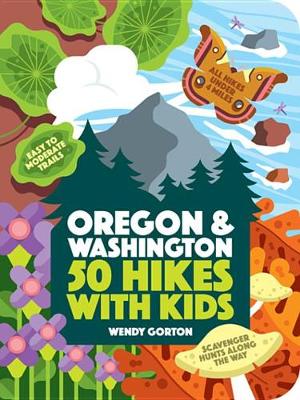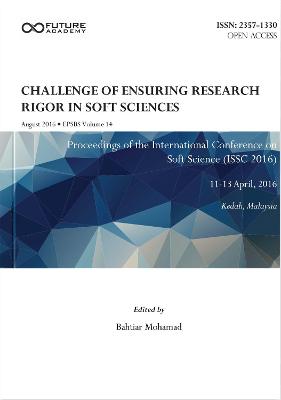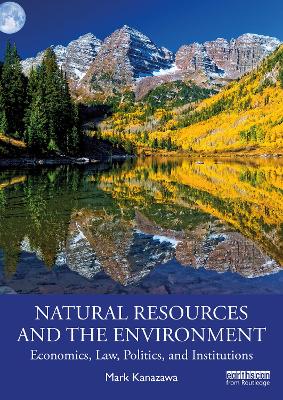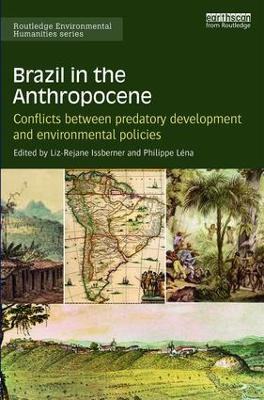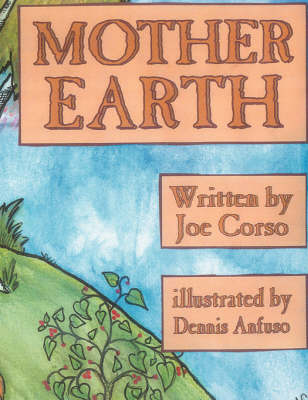Routledge Handbook of Environmental Journalism (Routledge International Handbooks)
The Routledge Handbook of Environmental Journalism provides a thorough understanding of environmental journalism around the world. An increasing number of media platforms – from newspapers and television to Internet social media networks – are the major providers of indispensable information about the natural world and environmental risk. Despite the dramatic changes in the news industry that have tended to reduce the number of full-time newspaper reporters, environmental journalists remain key...
Nature Inc. (Critical Green Engagements: Investigating the Green Economy) (Critical Green Engagements)
The Anthropocene (Key Issues in Environment and Sustainability)
by Eva Horn and Hannes Bergthaller
The Anthropocene is a concept which challenges the foundations of humanities scholarship as it is traditionally understood. It calls not only for closer engagement with the natural sciences but also for a synthetic approach bringing together insights from the various subdisciplines in the humanities and social sciences which have addressed themselves to ecological questions in the past. This book is an introduction to, and structured survey of, the attempts that have been made to take the measur...
This title includes a number of Open Access chapters. Earth science is a broad field of study that encompasses many different disciplines, including meteorology, climatology, and geology. The importance of the earth sciences-in predicting weather and climate, tracking pollution, drilling for petroleum, evaluating soil, and monitoring ground water-is paramount in modern society. This new work covers a broad selection of topics, including use of satellite remote sensing to track pollution and weat...
Water scarcity is on everyone's mind. Long taken for granted, water availability has entered the realm of economics, politics, and people's food and lifestyle choices. But as anxiety mounts - even as a swath of California farmland has been left fallow and extremist groups worldwide exploit the desperation of people losing livelihoods to desertification - many are finding new routes to water security with key implications for food access, economic resilience, and climate change. Water does not pe...
Trees are the grandest and most beautiful plant creations on earth. From their shade-giving, arching branches and strikingly diverse bark to their complex root systems, trees represent shelter, stability, place, and community as few other living objects can. Enduring Roots tells the stories of historic American trees, including the oak, the apple, the cherry, and the oldest of the world's trees, the bristlecone pine. These stories speak of our attachment to the land, of our universal and eternal...
Introduction to Ecological Sampling (Chapman & Hall/CRC Applied Environmental Statistics, #10)
Accounting for Sustainability
This book provides a broad overview of how sustainability reporting has grown, how it is used now and where it is heading. Daily, we read and hear in various media about concepts such as corporate social responsibility (CSR), sustainability reporting, sustainability accounting, environmental reports, corporate citizenship or environmental management systems. Accounting for Sustainability decodes this terminology by providing an accessible introduction to the topic that explores sustainability...
Habitat manipulation comprises biological control, crop rotations, crop diversity, flower strips, natural enemy refuges etc, and is a powerful tool for suppressing arthropod pest populations. It offers scope for farmers to avoid 'high tech' approaches, and reliance on powerful pesticides, and is the backbone of organic and traditional farming systems. This book examines the broad range of theoretical, methodological and applied approaches currently used, and captures state-of-the-art thinking by...
Environmental and Resource Economics Set (Earthscan Library Collection)
by Various
Capturing the economic value of natural resources has become an integral part of their successful management and conservation. The Environmental and Resource Economics Set contains seminal texts covering a range of ecosystems and valuation methods. In the last two decades, environmental threats and the challenge of sustainability have moved to the very centre of political, business and, increasingly, personal agendas. The Earthscan Library Collection has been created to bring back into print t...
Ecology and Environment in European Drama (Routledge Advances in Theatre and Performance Studies, #14)
by Downing Cless
Looking at European drama through an ecological lens, this book chronicles nature and the environment as primary topics in major plays from ancient to recent times. Cless focuses on the few, yet well-known plays in which nature is at stake in the action or the environment is a dramatic force. Though theater predominantly explores human and cultural themes, these plays fully display the power of the other-than-human world and its endangerment during the history of Europe. While offering a broad o...
Containing Sustaining the Soil, Indigenous Soil and Water Conservation in Africa; Understanding Environmental Policy Processes, Cases from Africa and Dynamic Diversity, Soil Fertility and Farming Livelihoods in Africa.
This book addresses the role and potential of literature in the process of contesting and re-evaluating concepts of nature and animality, describing one's individual environment as the starting point for such negotiations. It employs the notion of the 'literary event' to discuss the specific literary quality of verbal art conceptualised as EnvironMentality. EnvironMentality is grounded on the understanding that fiction does not explain or second scientific and philosophical notions but that it p...
DIY Futures
Natural Resources and the Environment: Economics, Law, Politics, and Institutions provides a new approach to the study of environmental and natural resource economics. It augments current contributions from the fields of public choice, law, and economics, and the burgeoning field of what used to be called the "New Institutional Economics," to describe, explain, and interpret how these new developments have been applied to better understand the economics of natural resources and the environment...
Water is not only essential to sustain life, but also to the support of ecosystems, economic development, community well being, and cultural values. Professionals in water resources have an obligation to plan and manage water resource systems so that they will fully contribute to an improved quality of life for all people, now and in the future. Water resource systems that can satisfy the changing demands inevitably placed on them without significant system degradation can rightly be called "sus...
Brazil in the Anthropocene (Routledge Environmental Humanities)
Brazil is considered one of the world's most important environmental powers. With a continental territory containing almost 70 per cent of the Amazon rainforest, along with a rich biodiversity and huge amount of natural resources, its geopolitical role in environmental decisions is crucial to ongoing global negotiations surrounding climate change. Development policies based on extraction and exportation of raw materials by the mining and agribusiness sectors threaten the global environmental b...
